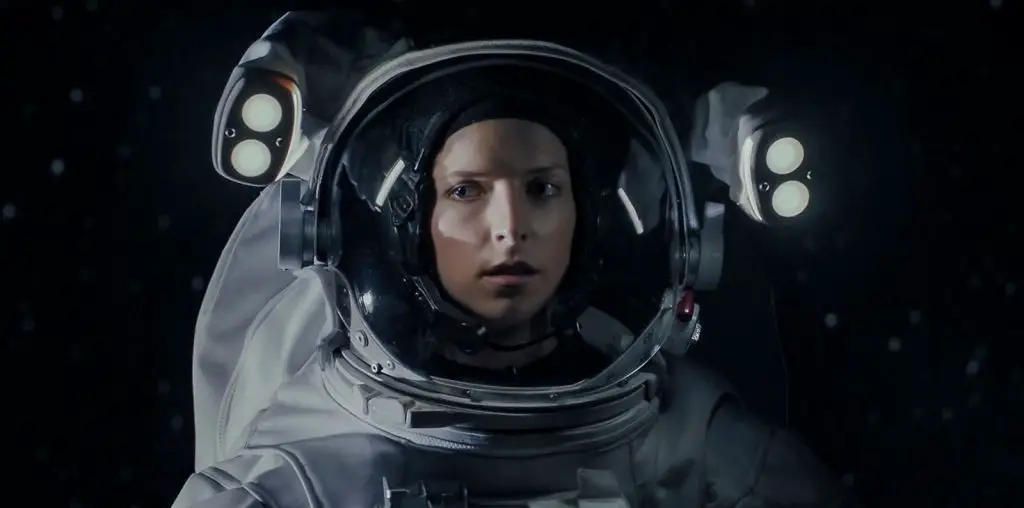
Blame, which garnered a bit of buzz at the 2017 Tribeca Film Festival, is the writing and directing debut of 22-year-old actress Quinn Shephard. It’s an unflinching look at high school bullies, exploring familiar terrain with strong performances backing every scene up.
As a writer-director, Shephard radiates a confidence to take on hot-button issues as bullying and whispers of pedophilia. At almost every turn, Blame feels a bit too surface level to make a greater impact but, if nothing else, is a launching pad for an actress who is ready to explore the next part of her career.

“The movie will put a new set of eyes on Shephard, creating a calling card for future projects.”
On top of guiding the ship, Shephard also stars as Abigail Grey. She is returning to her high school after being gone for a year due to a public breakdown. The softspoken Abigail is taunted by her classmates for not being just like them. She dresses different than all the girls and doesn’t fit into any of the requisite high school cliques.
She is targeted by Melissa (Nadia Alexander, who won an acting prize at Tribeca), an excessively mean girl, who channels her rage and personal problems into her dislike of Abigail. It doesn’t help the the substitute drama teacher, Jeremy (Chris Messina), picks Abigail for the lead role in a scene from “The Crucible.” Melissa isn’t used to not being picked and it especially stings that the class pariah was selected over her.
Jeremy’s immediate liking to Abigail grows into a relationship that crosses lines and confuses her. Jeremy has got to be one of the worst movie teachers in recent memory. He brings his personal baggage and thoughts of what could have been to the classroom and funnels it into an inappropriate mentorship with Abigail.

“At almost every turn, Blame feels a bit too surface level to make a greater impact but, if nothing else, is a launching pad for an actress who is ready to explore the next part of her career.”
Shephard and Alexander are both terrific in their roles, especially Alexander relishing every moment as the school’s villainess. She is conniving and manipulative, rarely caring who she hurts in her path. We briefly learn a bit about her and her home life, in an attempt to give some dimension to an unlikable character, but with most instances the script never goes deeper. The third act launches a revelation for the Melissa character that feels shoehorned for dramatic affect and never fully addressed.
A lot of what doesn’t fully work in Blame can be attributed to the fact it’s a first time screenplay from a young talent – and talented she is. The movie will put a new set of eyes on Shephard, creating a calling card for future projects. She is a storyteller, who wants to tackle big ideas and uncomfortable subjects. Let her. Bring on the next movie.
Blame (2018) Directed by Quinn Shephard. Written by Quinn Shephard. Starring Quinn Shephard, Nadia Alexander, Chris Messina.
Grade: B-


Blame is an edgy drama filled with complex characters and a spin on The Crucible we’ve never seen before. It’s truly an original, unique film, something that can be quite difficult to come across in the movie industry today.